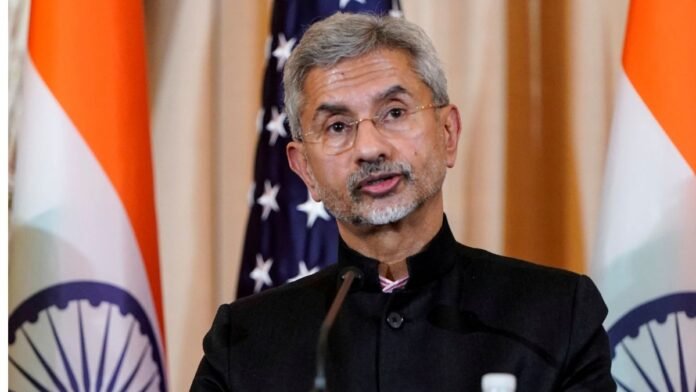In the midst of diplomatic tensions and regional complexities, India’s External Affairs Minister, Dr. S. Jaishankar, has issued a notable call to Indians: visit Sri Lanka. This appeal, made against the backdrop of strained relations with neighboring Maldives and a mention of Lakshadweep in the Budget, underscores the multifaceted dynamics shaping India’s foreign policy landscape.
Dr. Jaishankar’s encouragement for Indians to explore Sri Lanka comes at a crucial juncture. Sri Lanka, with its rich cultural heritage, scenic landscapes, and warm hospitality, has long been a favored destination for travelers from around the world. However, in recent years, political turmoil and security concerns have dampened tourism prospects, impacting the country’s economy and international image.
India’s support for Sri Lanka’s tourism sector not only reflects a commitment to strengthening bilateral ties but also underscores the strategic importance of fostering people-to-people connections. By encouraging Indian tourists to visit Sri Lanka, Dr. Jaishankar seeks to promote mutual understanding, cultural exchange, and economic cooperation between the two nations.
Furthermore, the mention of Lakshadweep in the Budget highlights the significance of India’s maritime territories in shaping regional dynamics. Located strategically in the Indian Ocean, Lakshadweep plays a pivotal role in India’s maritime security and strategic interests. The Budget’s acknowledgment of Lakshadweep underscores the government’s commitment to enhancing infrastructure, connectivity, and development in the region.
However, against the backdrop of these positive developments, India’s relationship with neighboring Maldives has been marred by recent tensions. Disputes over maritime boundaries, sovereignty issues, and geopolitical alignments have strained bilateral relations, posing challenges to regional stability and cooperation.
The row with Maldives underscores the complex interplay of geopolitical factors and national interests shaping India’s foreign policy calculus. As a key player in the Indian Ocean region, Maldives holds strategic significance for India’s security and maritime interests. However, divergent priorities and competing interests have fueled tensions, highlighting the delicate balance of power dynamics in the region.
Amidst these challenges, Dr. Jaishankar’s emphasis on enhancing people-to-people ties and promoting tourism reflects a nuanced approach to diplomacy. By leveraging soft power tools such as cultural exchange and tourism, India seeks to foster goodwill, strengthen partnerships, and mitigate tensions in the region.
Moreover, India’s engagement with Sri Lanka and its maritime territories underscores the country’s broader strategic vision for the Indian Ocean region. As a leading maritime power, India has a vested interest in promoting peace, stability, and prosperity in its maritime neighborhood. By investing in infrastructure, connectivity, and development projects, India aims to bolster its influence and leadership in the region while advancing shared objectives of economic growth and security cooperation.
In addition, Dr. Jaishankar’s call for Indians to visit Sri Lanka, coupled with the mention of Lakshadweep in the Budget, highlights the multifaceted dynamics shaping India’s foreign policy in the Indian Ocean region. Despite challenges and tensions with neighboring Maldives, India remains committed to promoting regional cooperation, connectivity, and development. By leveraging soft power tools such as tourism and cultural exchange, India seeks to foster goodwill, strengthen partnerships, and advance shared interests in the pursuit of a peaceful and prosperous Indian Ocean region.
Furthermore, it is essential to recognize the interconnectedness of regional dynamics and the importance of fostering dialogue and cooperation among neighboring countries. Despite occasional disagreements and disputes, India, Sri Lanka, Maldives, and other nations in the Indian Ocean region share common challenges and opportunities. By promoting inclusive and collaborative approaches to addressing issues such as maritime security, environmental conservation, and economic development, these countries can build trust, enhance stability, and unlock the region’s immense potential. As such, initiatives that encourage tourism, cultural exchange, and people-to-people ties serve as building blocks for greater regional integration and resilience in the face of geopolitical uncertainties.

